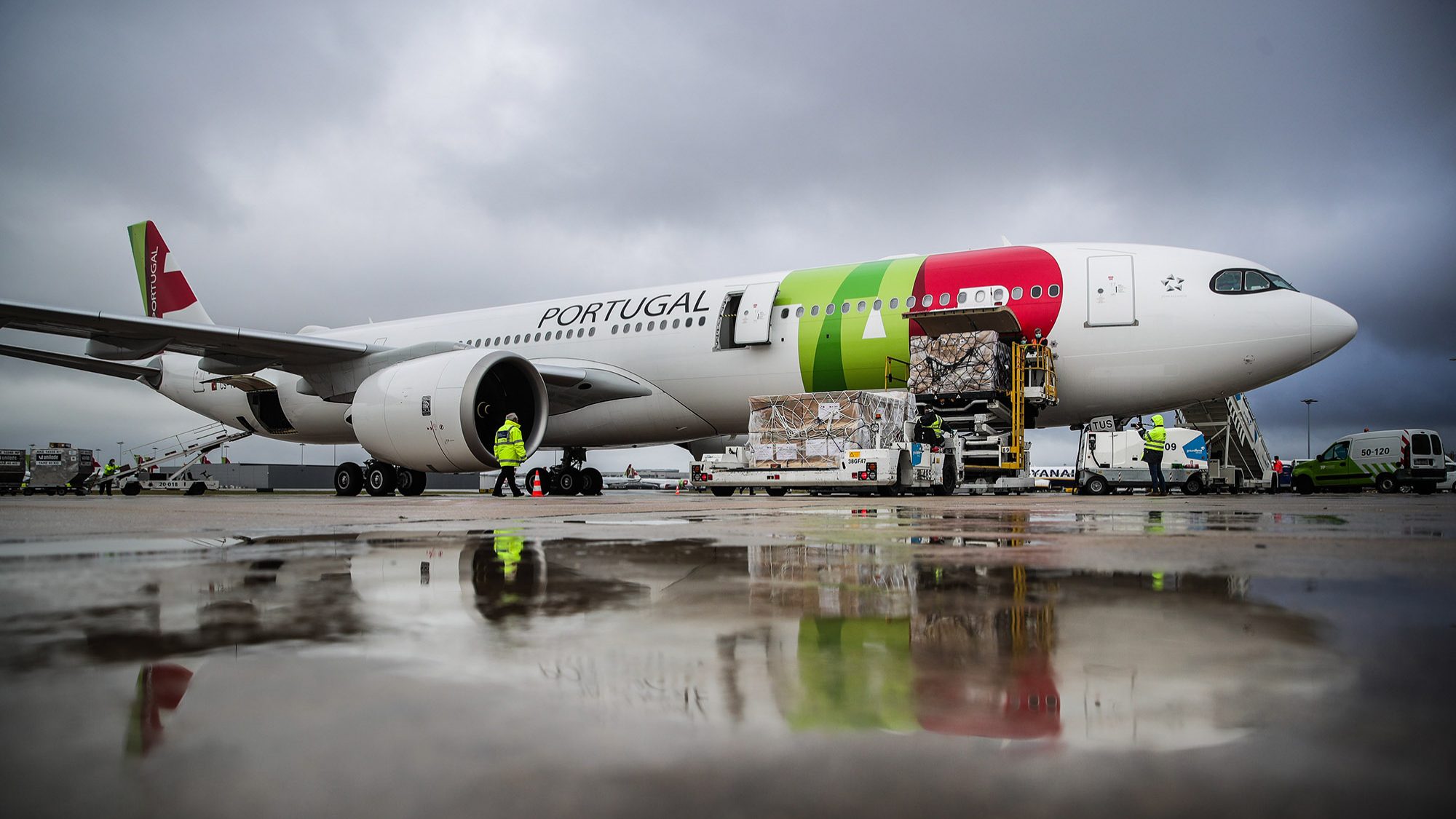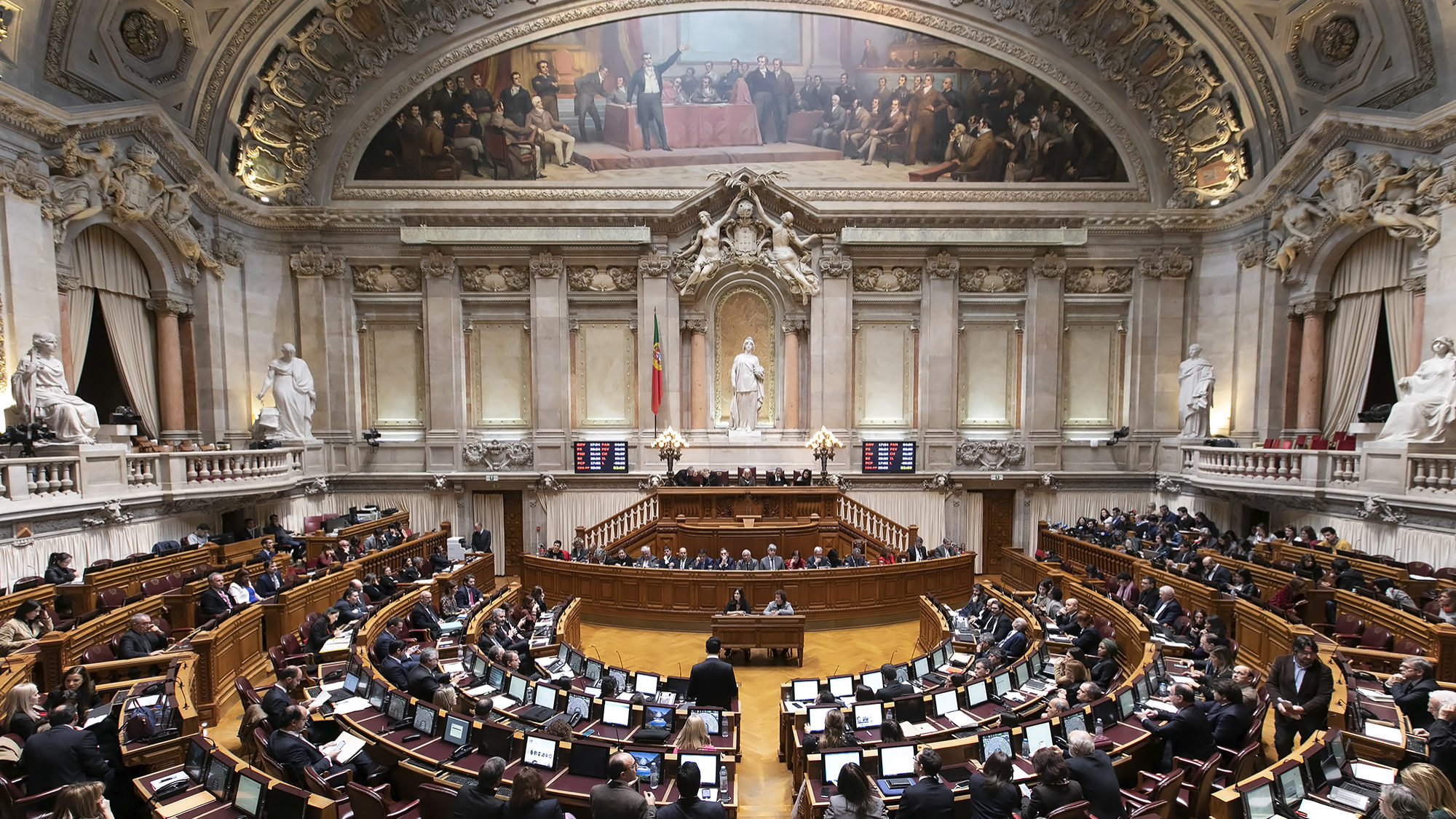State and private shareholders of TAP separated by 220 million euros
The government has not yet transferred one euro to TAP, and will not do so until there is an agreement with the private parties. And the main obstacle concerns a 'cheque' for 220 million euros.
The government has already been authorised by the European Commission to inject up to 1.2 billion euros into TAP, but has not yet made any transfer, and will not do so until there is an agreement with the private parties, guarantees the ECO a source that knows the negotiations. This concerns 220 million euros in ancillary payments made by the private parties when they joined the company, which can be recovered if there is a nationalisation.
The list of government requirements to move towards the capitalization of TAP is long, particularly concerning the strengthening of the powers of the Board of Directors, led by Miguel Frasquilho, which has, in total, six members appointed by the State and another six by private shareholders. The state, it should be recalled, has 50% of the capital, while Atlantic Gateway has 45% and the workers the remaining 5%.
These demands have been accepted, but there is a disagreement over two financial issues: The first, already revealed by Expresso, concerns a 90 million euro bond loan taken by Azul, a company from the ‘universe’ of David Neeleman, one of TAP’s two private shareholders, the other is Humberto Pedrosa. This loan has a rate of 7.5%, it matures in 2026 and the government wants this amount to go to capital now. But there is another more complex dossier: the private parties have made an injection of 220 million euros in additional instalments (which counts for capital), but the shareholder signed between the parties ensures that they can recover this amount if there is a nationalisation of the company.
The government wants to drop this clause in the contract to ensure that TAP will not return the 220 million euros to its private shareholders, while David Neeleman does not accept this imposition. Humberto Pedrosa, for his part, admits to going against what the government defends but also proposes that the State use part of the money available now and increase the company’s capital by the same amount, that is, 220 million euros. The rest is to be realised through a debenture loan.
TAP is in a fight against time. Without ‘cash’ to meet its commitments, it needs around 200 million euros immediately, later this week, for salaries and for payment to suppliers who are already in arrears. But without a deal, there will be no money.
This Tuesday, Antonoaldo Neves will go to Parliament to answer Members about the situation of TAP, in a hearing requested by the PS and PSD.


